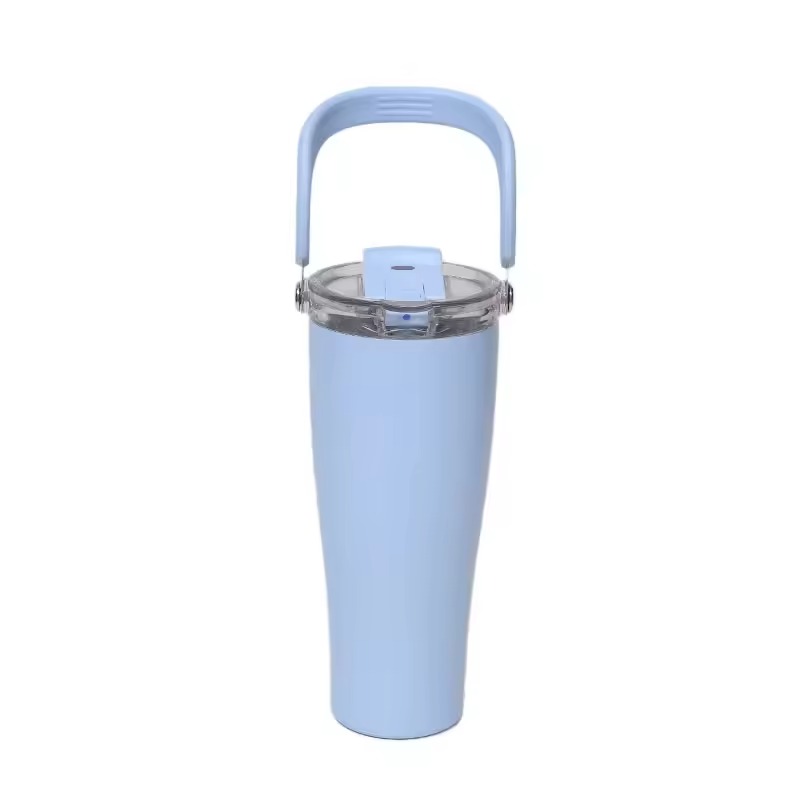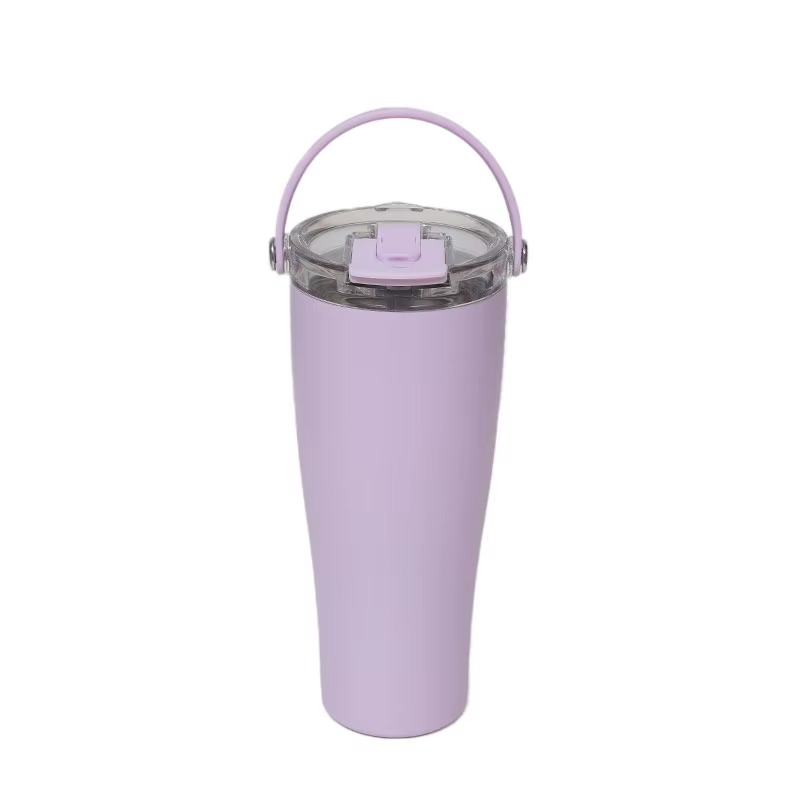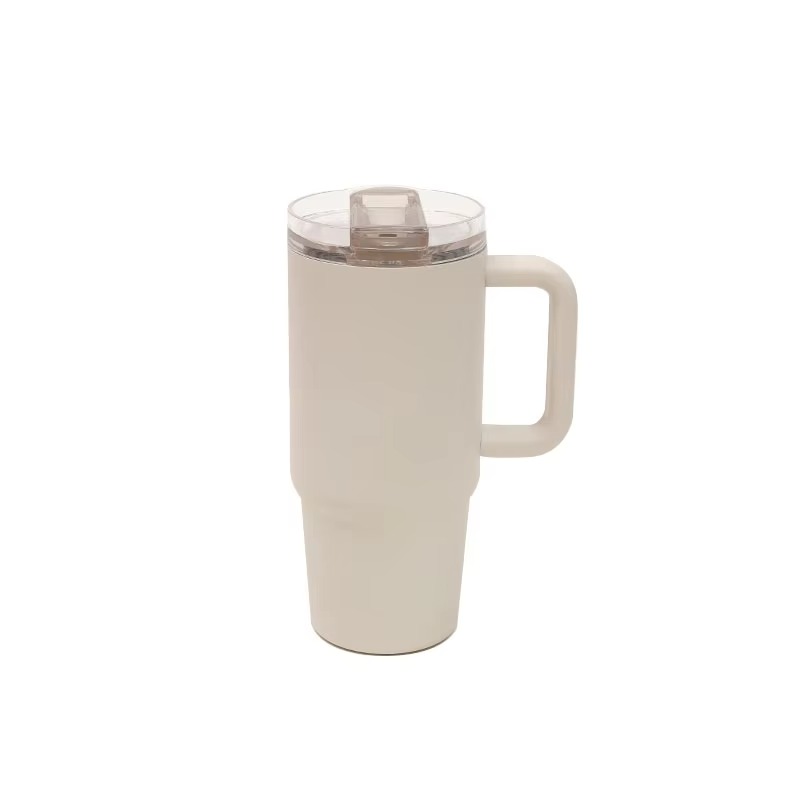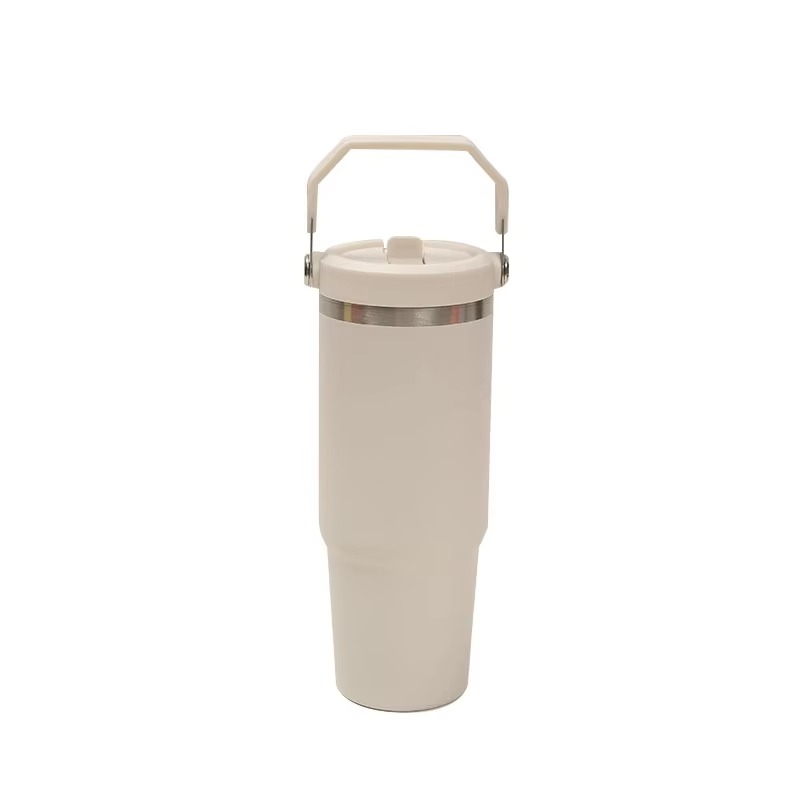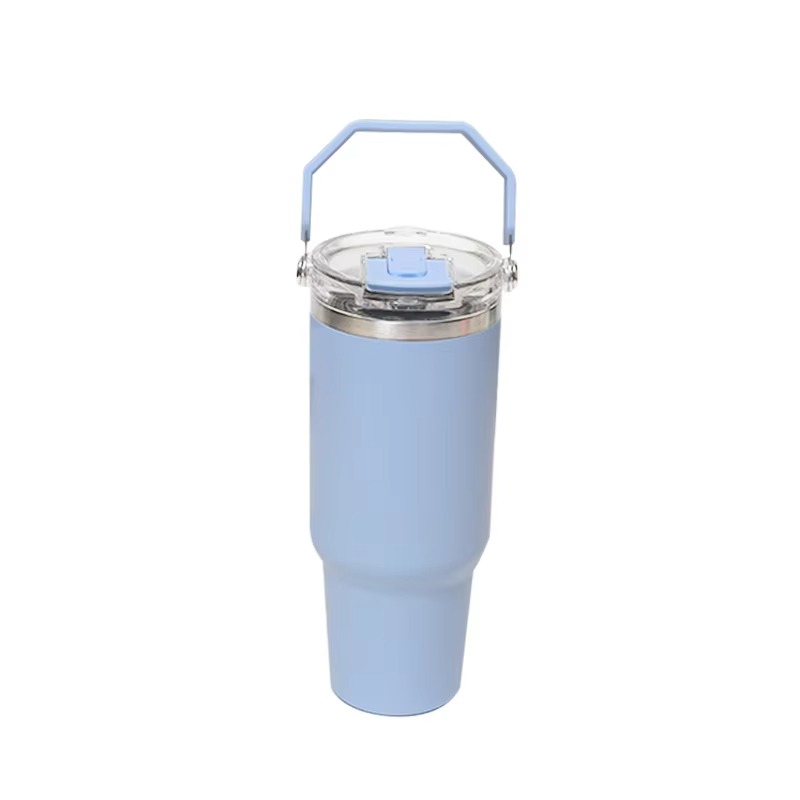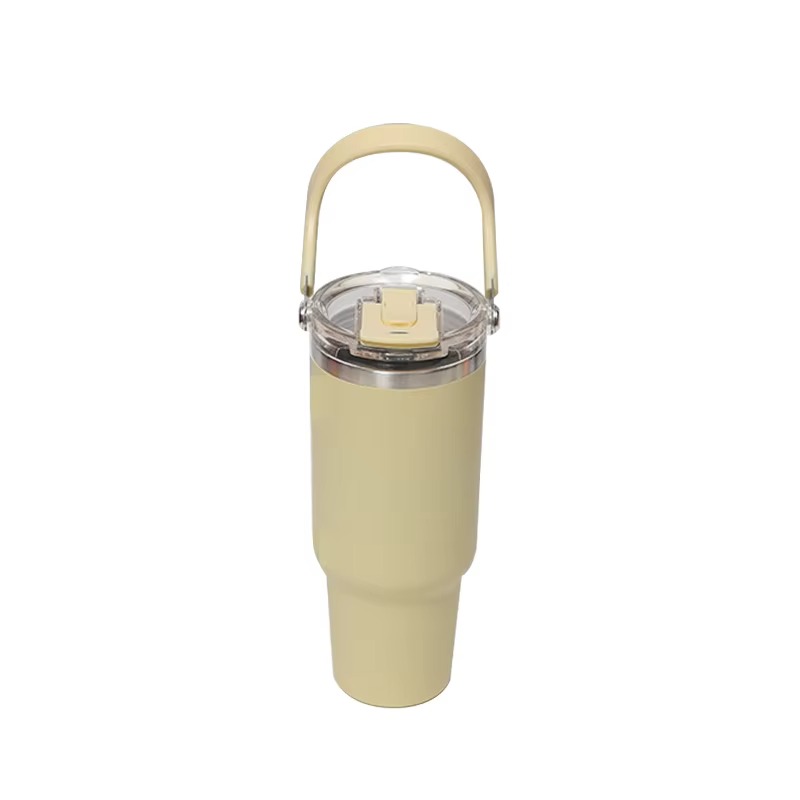In the quest for sustainable living and health-conscious hydration, the stainless steel water bottle has emerged as a popular and eco-friendly alternative to single-use plastic bottles. As environmental awareness grows, consumers are increasingly seeking out reusable options that reduce waste and reduce their carbon footprint.
The stainless steel water bottle, a symbol of durability and style, has become a staple for health enthusiasts and environmental advocates alike. Made from high-quality, food-grade stainless steel, these bottles are designed to keep beverages cold for up to 24 hours and hot for up to 12 hours, making them ideal for on-the-go lifestyles. The stainless steel material not only provides outstanding insulation but also ensures that no unwanted tastes or odors are imparted to the water, unlike some plastic alternatives.
One of the key advantages of stainless steel water bottles is their resistance to stains and corrosion. Unlike plastic bottles, which can harbor bacteria and leach harmful chemicals over time, stainless steel bottles are easy to clean and maintain. This feature makes them a hygienic choice for daily use, reducing the risk of illness and promoting overall health.
The sustainability factor of stainless steel water bottles cannot be overstated. Plastic bottles, which are often used once and then discarded, contribute significantly to landfill waste and pollution. In contrast, stainless steel water bottles are built to last, with many users reporting that their bottles remain in use for years. This longevity reduces the need for frequent replacements and helps to cut down on waste, aligning with the growing global movement towards a circular economy.
A significant trend in the stainless steel water bottle market is the integration of smart technology. Some bottles now feature built-in sensors that track hydration levels, reminding users to drink regularly throughout the day. This innovation is particularly beneficial for those pilot busy lives, ensuring they stay hydrated without having to think about it.
The health benefits of using a stainless steel water bottle are also compelling. With growing concerns about the presence of Bisphenol A (BPA) and other harmful chemicals in plastic bottles, stainless steel offers a safe and non-toxic alternative. This material is naturally BPA-free and does not contain phthalates or other potentially harmful substances that can leach into drinks over time.
For outdoor enthusiasts and athletes, stainless steel water bottles are a practical choice. Their robust construction and resistance to dents and impacts make them ideal for hiking, cycling, and other physical activities. Moreover, the durability of stainless steel means that these bottles can withstand the rigors of travel, making them a popular choice for frequent flyers and globetrotters.
As awareness of the environmental impact of plastic waste continues to rise, the demand for stainless steel water bottles is set to grow. Schools, offices, and public spaces are increasingly promoting the use of reusable bottles, and many are choosing stainless steel for its combination of durability, insulation, and eco-friendliness.
The stainless steel water bottle is more than just a container for hydration; it is a statement of personal responsibility and a commitment to a healthier, more sustainable future. As consumers continue to seek out products that align with their values, the stainless steel water bottle stands out as a smart and stylish choice that delivers on performance, health, and environmental impact.

 English
English Español
Español русский
русский